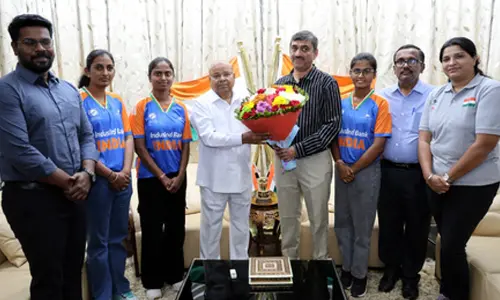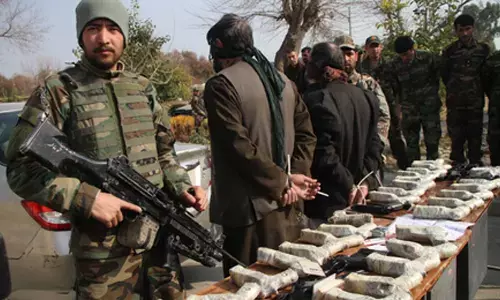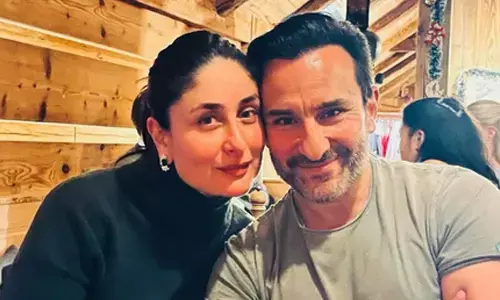Time for rededication

Time for rededication, On the eve of India attaining independence, Jawaharlal Nehru said that there were three important tasks before independent India
On the eve of India attaining independence, Jawaharlal Nehru said that there were three important tasks before independent India – First, to provide democracy and civil rights to every citizen; second, to overcome the social inequalities that were the characteristic features of colonial India; and third, to achieve economic progress with an emphasis on the quality of life of the poor. Reflecting on the achievements of the independent India, Amartya Sen remarked that the greatest achievement of independent India is the maintenance of democracy and the biggest failure is the persistence of social inequalities. Dr B R Ambedkar rightly pointed out that political liberty devoid of social liberty can never be the accomplishment of the Republic. Dedicating the Constitution to the nation, he said that political independence provides us with one man-one vote, but the nation has to achieve one man-one value. But, the humongous social and economic inequalities are a cause of concern today.
Indian democracy despite several flaws has many things to feel proud of. Many western political thinkers predicted that the island of democracy cannot survive in an ocean of dictatorship. But, India proved them wrong. It’s true. Our neighbourhood presents a chaotic picture. Democracy in Pakistan is an infantile disorder. Monarchy and anarchy cripple the political process in Nepal. Sri Lankan democracy is a victim of ethnic strife. Fundamentalism eclipses democracy in Bangladesh. But, democracy in India is thriving. Several features stand testimony to this claim. Periodic elections, peaceful transfer of power, free media, independent judiciary, military under civilian dispensation and multi-party system are a few such illustrations of our democratic triumph. But, fractured verdicts, fragmented polity mock at the rule of majority. The executive preponderance, legislative obduracy and judicial adventurism reflect the tyranny of democracy. The decline of parliament, steep erosion in political values, corruption in public life, failures of governance question our tryst with democracy.
The social landscape presents a paradox. India conquered outer space. But it failed to conquer illiteracy and malnutrition. The growing incidents of atrocities on women belittle our rule of law. The Hunger and Malnutrition in India report states that 42 per cent of Indian children below the age of five are malnourished. The National Sample Survey reports indicate that a majority of our agricultural households are waiting for freedom from indebtedness. The low levels of learning outcomes as per the latest ASER report reveal how the constitutional rights remain largely unimplemented.
The huge backlog of cases reminds us of the famous statement – Justice delayed is justice denied. But, Indian Constitution has stood the test of time. The challenges are many. The secular edifice of the country faces a serious test. True federalism is still a distant reality. The decline of parliamentary institutions is a cause of concern. Our accomplishments inspire us. Our failures have to inculcate a spirit of rededication. The ideals of the Constitution continue to guide us on the path of freedom and liberty.














